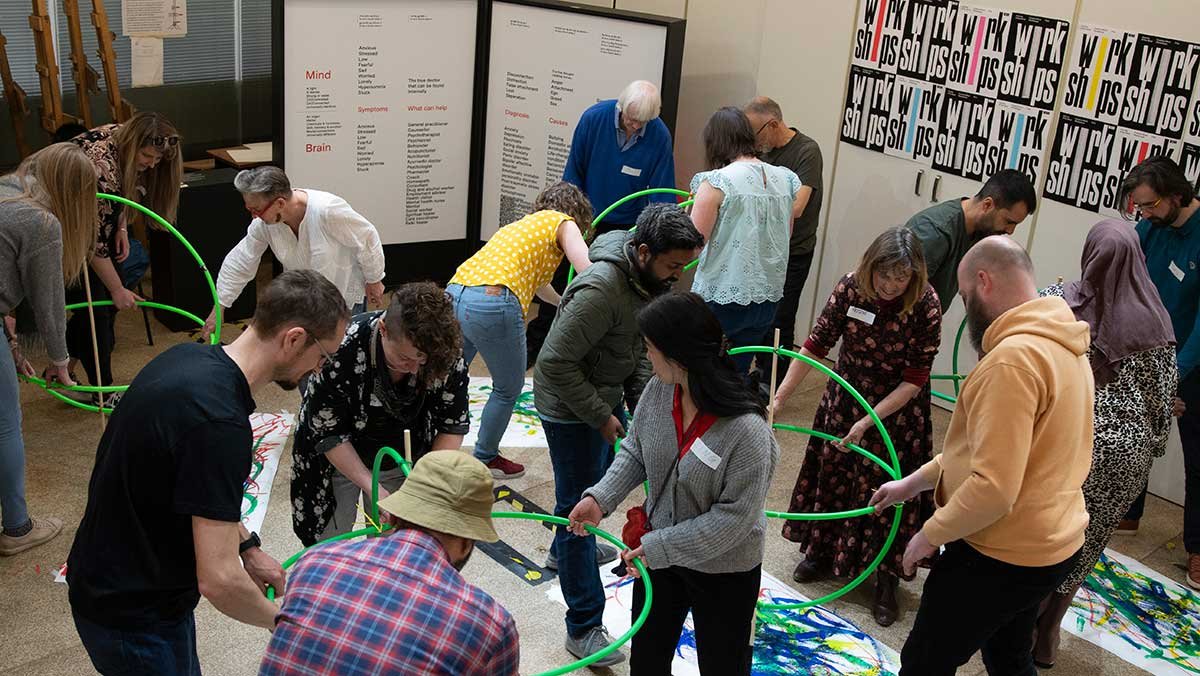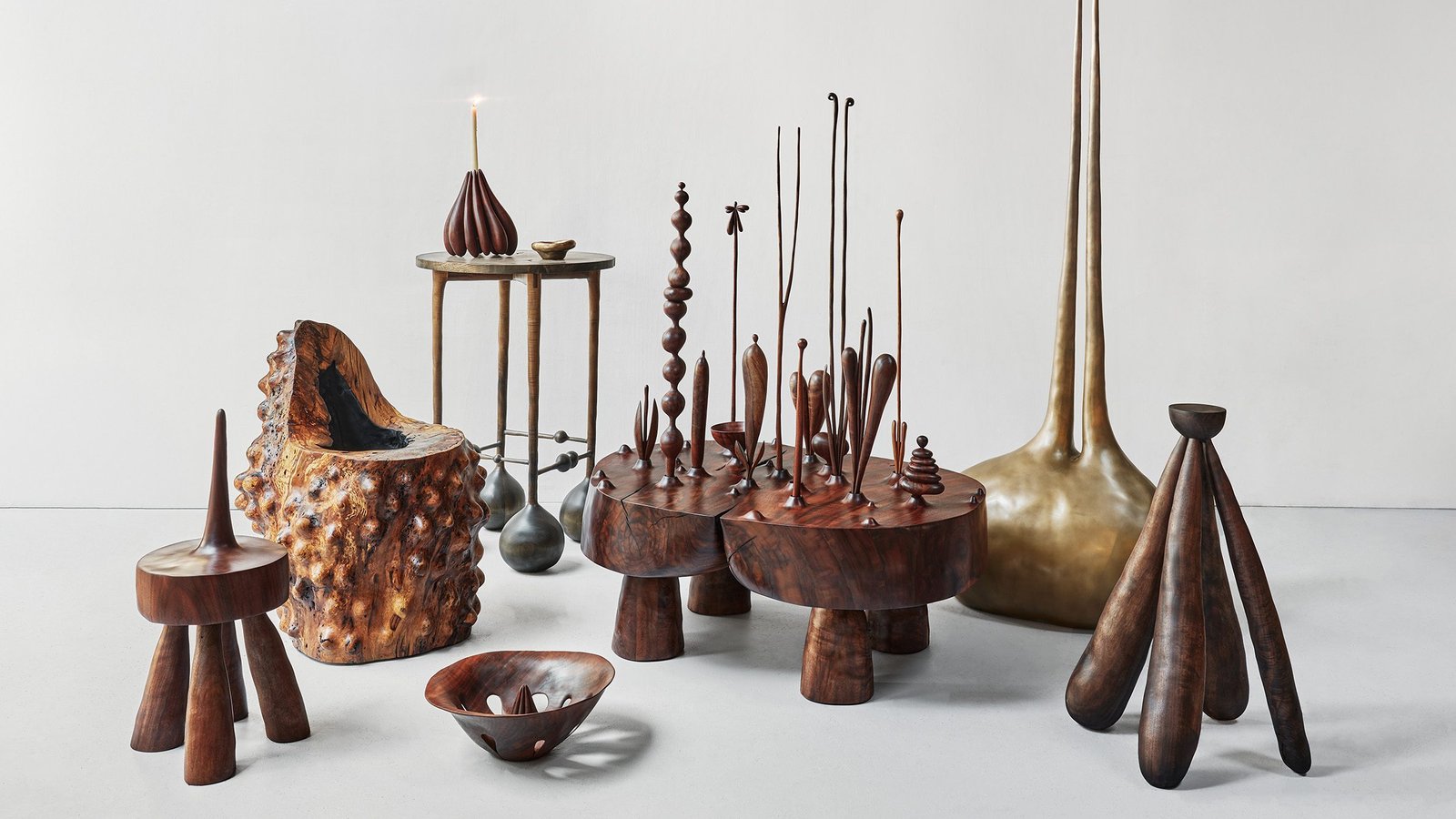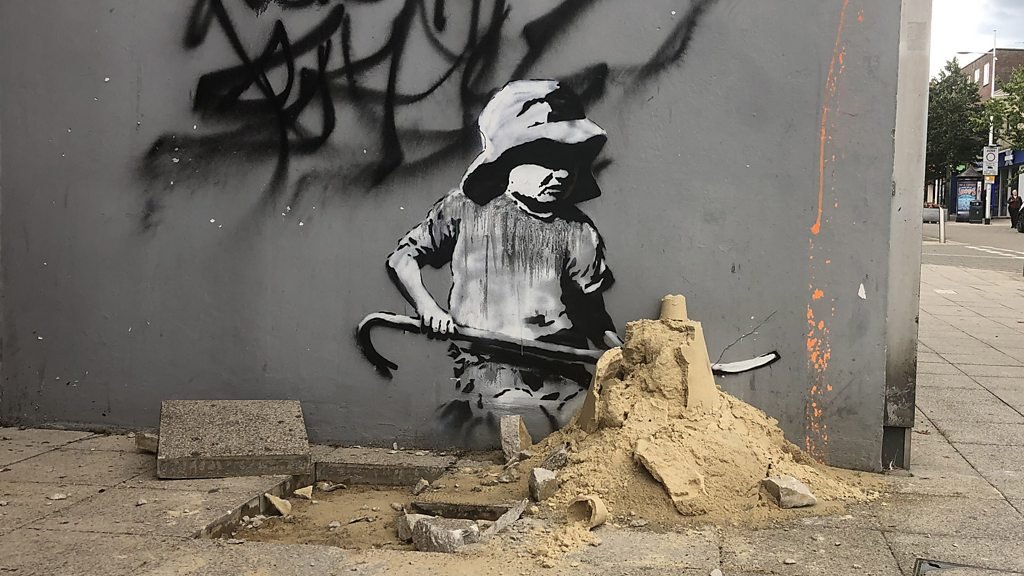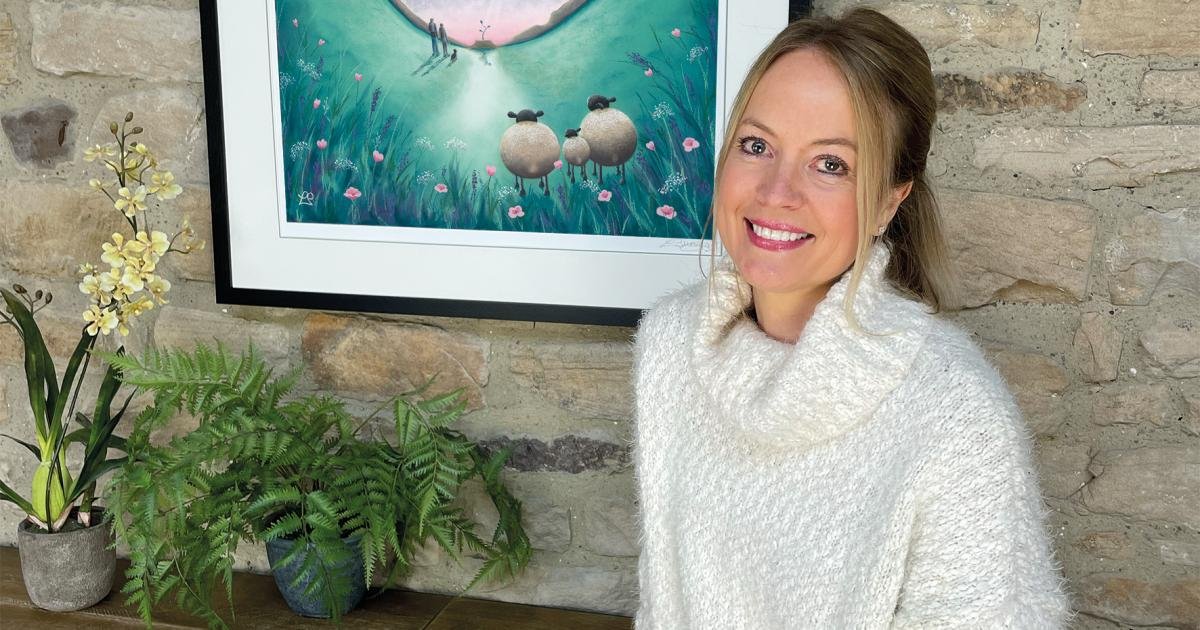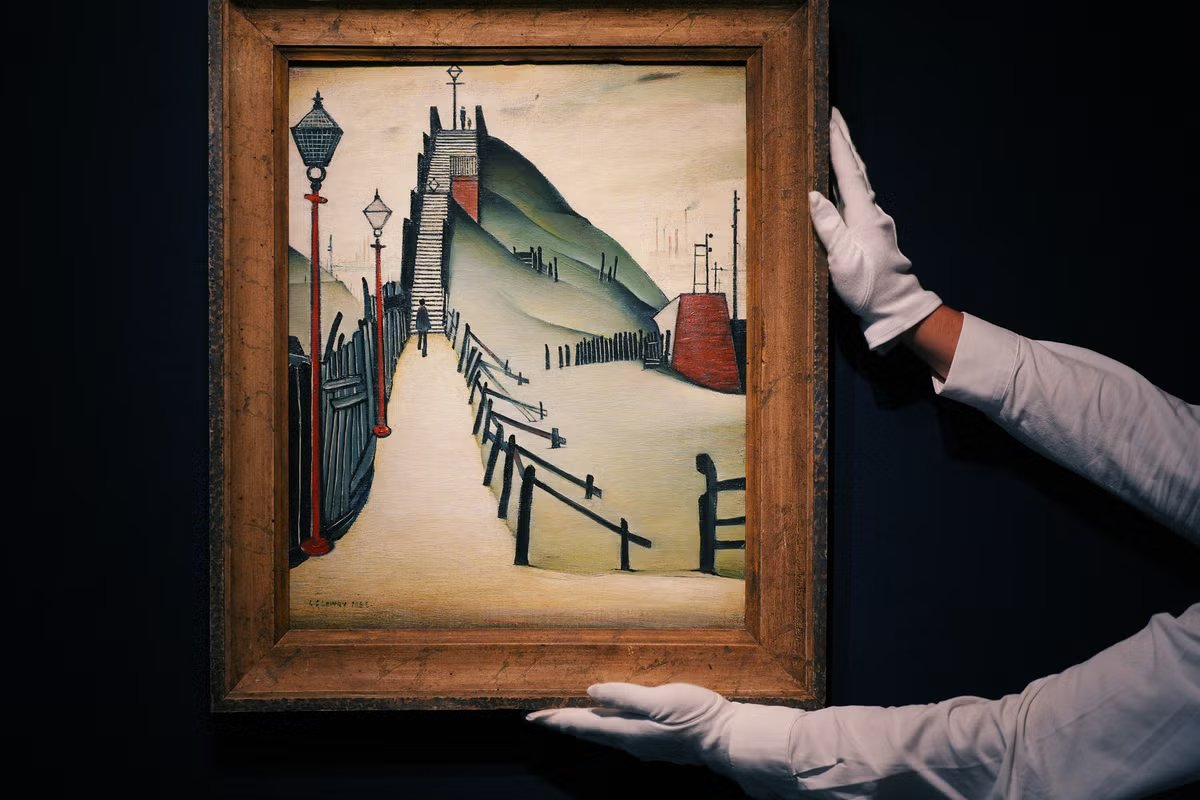
Deep K Kailey, Cultural Narrator and Artistic Director of Without Shape Without Form, discusses the importance of bringing people together in an individualistic age, and the vital role art has to play. Through a workshop entitled “The Power of Connection”, Without Shape, Without Form is putting necessary connections in place – inspired by contemporary Sikh knowledge that shines a light on mind wellbeing.
First introduced as an art exhibition in 2016, Without Shape Without Form is the UK’s leading spiritual art space dedicated to mind wellbeing. It embodies the values of (un)learning and creativity as necessary tools for a better world and works collaboratively with a network of partners nationally and internationally.
The initiative draws on Sikh knowledge, something which Deep K Kailey describes as “a way of life, a philosophy, not a limiting colonial term for religion”. This includes Simran – a focussed practice for the mind, it’s the entry point to the internal story, and discovery of the self. Deep explains,
“Without Shape Without Form became an arts organisation, run by a 62 volunteer-led (Seva*) team, made up of multiple professional disciplines. It’s an incredibly powerful organisation that exists because of the people that run it and is a movement for good that aims to overcome the divisiveness of today’s world.”
* SELFLESS SERVICE OR WORK DONE WITHOUT REWARD OR RECOGNITION.

Celebrating Sikh knowledge
Much of the work carried out by Without Shape Without Form centres around Sikh ideas and concepts, something which Deep says is applicable to everyone, regardless of cultural background or beliefs:
“Without Shape Without Form ties a knot to the past, before religious lines were drawn, and throws the rope forward, using a mental health perspective and a disruptive exhibition model.
“We’re not creating work for the Sikh community or South Asian community, because we are them, we’re creating work for everybody, as we all have a mind. Art galleries and museums are important spaces to have these civic conversations. They’re there to serve the public.”
She continues, “These days the world is moving at such a rapid pace, and we can’t keep up with it because we’re losing sight of the internal journey. We look out all the time. The best job, the best house, and the best cars, these don’t equal happiness, but somehow, we have been taught that they do.
“We have an abundance of resources, but we’re still not able to understand ourselves. That understanding won’t come from external knowledge, it will come from inner work.”

The Power of Connection
One of the many ways in which Without Shape Without Form puts this knowledge into practice is through workshops, including The Power of Connection.
This workshop provides attendees with a journey to discover, create, and experience togetherness. The engaging session unveils the hidden abilities we possess to be creative with others, while encouraging visitors to create fascinating artworks.
Through sound, drawing, and simple instructions, participants are encouraged to let their creativity loose, while also leaning more about the concept of Sangat (togetherness) and the practice of Simran. Deep says,
“As the name suggests, the workshop is all about the power of togetherness. One learns about themselves, about this idea of giving power up, of sharing, of listening to the mind, in creative ways.”
While the intention behind the workshop is both emotional and spiritual, the methods used are, as Deep describes, “incredibly practical.” Attendees get stuck into creative exercises that, as well as being powerful, are also “really, really fun.”

Advice for museum professionals? Change is a good thing
When museums become set in their ways, they lose their potency, Deep suggests. And this can all too easily alienate visitors: “I love going to museums and galleries, but the bureaucracy can inhibit innovation, conversation and movement. We lose that sense of opportunity and playfulness when we get too locked into a single idea.”
That’s why change and communication are so important, allowing museums to cater to modern audiences and reflect the society they wish to impact.
“We need to embrace an alternative way of thinking. We have to be open-minded in the way we approach encounters with visitors. I don’t even like the word ‘audience’ because it suggests a single unit, whereas they/we are really individuals. We are people.”
MuseumNext hosts a range of in-person and online summits each year, covering topics such as digital collections, sustainability, social impact, learning and XR. Click here to find out more and book tickets.

